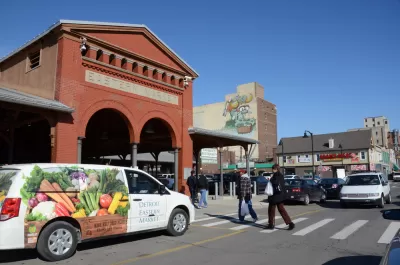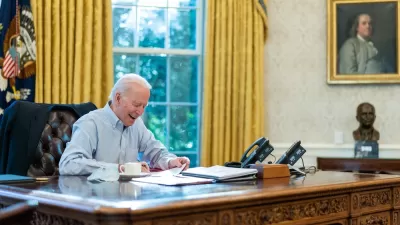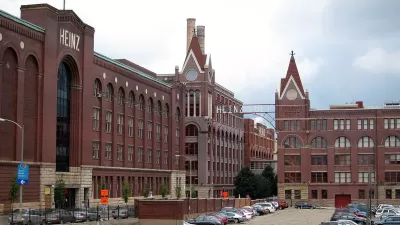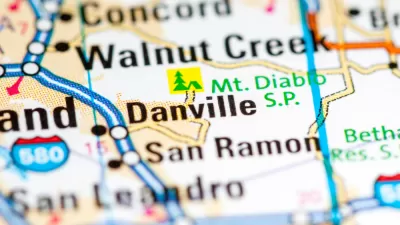Six tips for ensuring that new placed-based funding programs, such as the Build Back Better Regional Challenge, achieve the full potential of a new era of place-based federal investment.

The series of federal stimulus, infrastructure, and inflation bills that have been signed into law by presidents Trump and Biden since the beginning of the pandemic is unprecedented in many ways. According to a recent report by the Brookings Institution, the rare opportunity presented by this spate of new federal investments includes a new focus on place-based initiatives.
“Across the federal government, agencies are launching larger-scale, more in-depth initiatives for accelerating innovation, optimizing supply chains, mitigating climate change, and addressing demographic and geographic inequities,” write Joseph Parilla and Glencora Haskins.
The article cites the Build Back Better Regional Challenge (BBBRC) as the case in point. The Biden administration announced the winners of the BBBRC’s competitive grant process in September 2022, funding 21 projects in 24 states with grants between $25 million and $65 million. To describe the intended focus and effect of the BBBRC, Parilla and Haskins write: “These investments will support the local development of nationally critical technology clusters, and attempt to do so in ways that deliver economic opportunity to traditionally underserved people and communities.”
The article provides six policy design “keys” to unlock the potential of new place-based funding programs, informed by insights from the BBBRC so far, as listed below (with more details in the source article):
- Macro-relevant
- Micro-based
- Network-focused
- Competition-driven
- Leaning-enabled
- Rick-adjusted
The list and the article is taken from a full report published by Brookings in November [pdf].
FULL STORY: Six keys to unlocking a new era of place-based federal investment

Planetizen Federal Action Tracker
A weekly monitor of how Trump’s orders and actions are impacting planners and planning in America.

Chicago’s Ghost Rails
Just beneath the surface of the modern city lie the remnants of its expansive early 20th-century streetcar system.

San Antonio and Austin are Fusing Into one Massive Megaregion
The region spanning the two central Texas cities is growing fast, posing challenges for local infrastructure and water supplies.

Since Zion's Shuttles Went Electric “The Smog is Gone”
Visitors to Zion National Park can enjoy the canyon via the nation’s first fully electric park shuttle system.

Trump Distributing DOT Safety Funds at 1/10 Rate of Biden
Funds for Safe Streets and other transportation safety and equity programs are being held up by administrative reviews and conflicts with the Trump administration’s priorities.

German Cities Subsidize Taxis for Women Amid Wave of Violence
Free or low-cost taxi rides can help women navigate cities more safely, but critics say the programs don't address the root causes of violence against women.
Urban Design for Planners 1: Software Tools
This six-course series explores essential urban design concepts using open source software and equips planners with the tools they need to participate fully in the urban design process.
Planning for Universal Design
Learn the tools for implementing Universal Design in planning regulations.
planning NEXT
Appalachian Highlands Housing Partners
Mpact (founded as Rail~Volution)
City of Camden Redevelopment Agency
City of Astoria
City of Portland
City of Laramie





























